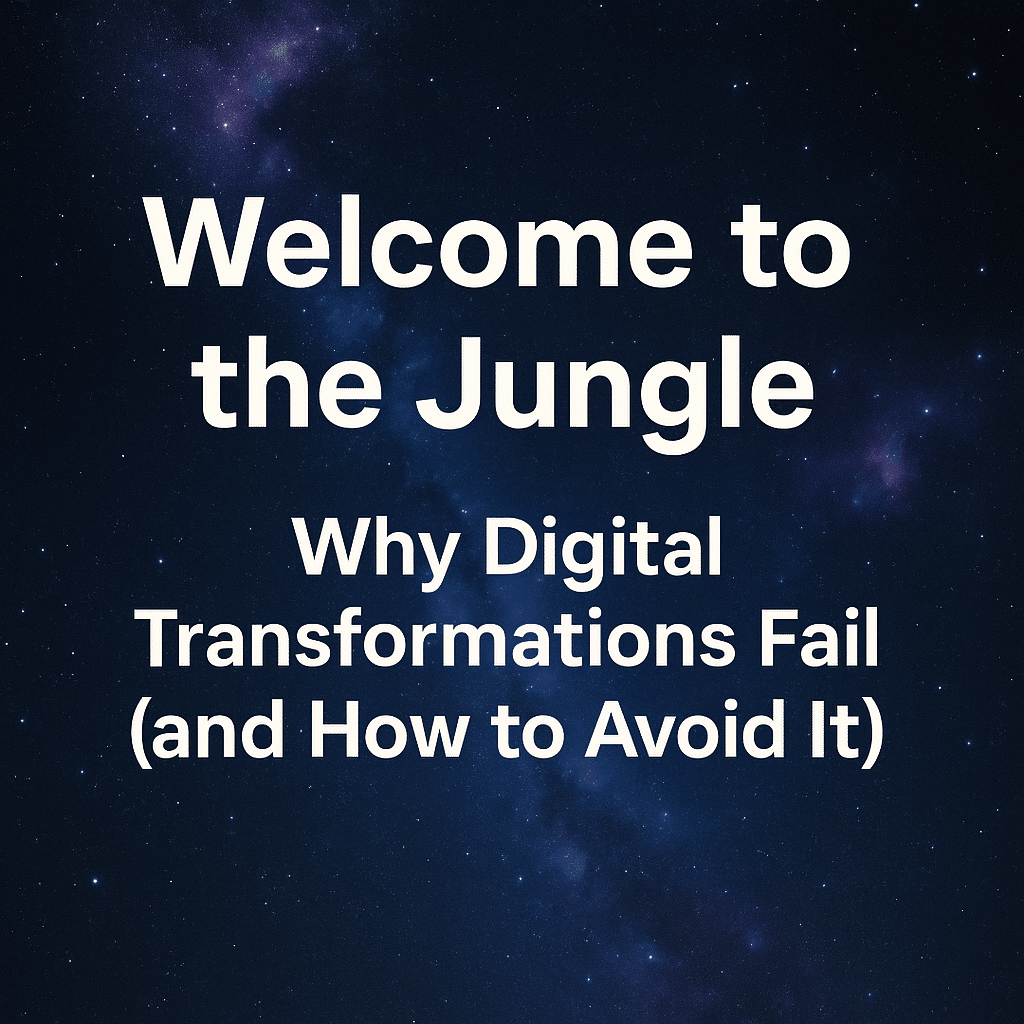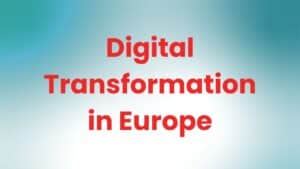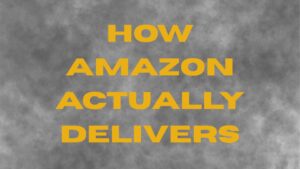At Third Stage Consulting, we’ve spent years studying both the successes and the failures to answer one simple question: why do so many digital transformations go off the rails — and what can leaders do differently?
ERP failures are nothing new. For decades, organizations have been sold the dream of best practices, off-the-shelf systems, and “accelerators” that promise to make transformation simple. Yet the reality is far different: most large ERP initiatives are disruptive, risky, and in too many cases, unsuccessful.
Table of Contents
ToggleHow I Got Here
I began my career as a change management consultant on massive SAP programs. From the very start, I noticed a troubling pattern: clients were paying huge fees for what seemed like predetermined answers. At Price Waterhouse, we’d be hired to “evaluate” technology options, but everyone already knew the outcome: implement SAP.
That realization made me skeptical of the industry. Was this really about helping clients, or about selling more software licenses? Over time, I saw that the problem wasn’t just one firm or one vendor — it was the system itself. Consulting, analyst, and software ecosystems were all aligned to drive software sales, not client success.
The Myth of the Easy Button
The industry has long relied on marketing language to downplay the difficulty of these projects:
- “Best practices”
- “Pre-configured accelerators”
- “AI will make it easy this time”
The truth? These projects are always hard. Change is painful, people resist it, and technology introduces disruption — both good and bad. Pretending otherwise only sets organizations up for disappointment.
Why Third Stage Exists
By 2018, I had seen enough. My wife encouraged me to leave the vendor-driven world and start something truly independent. That’s why we built Third Stage: to provide tech-agnostic, no-agenda advice rooted in client outcomes — not software sales.
We also launched new ventures to support this ecosystem:
- Lander Talent for IT staffing and contract roles
- Major Tom Productions for thought leadership and events
- Mission Control AI to capture lessons learned from 400+ clients and embed them into future projects
Our goal is simple: help clients navigate transformation with eyes wide open.
The Jungle Metaphor
My new book, Welcome to the Jungle, dives deeper into these lessons. I call it a jungle because that’s what transformation feels like: chaos, uncertainty, pitfalls, and hidden risks. Too many executives enter with rose-colored glasses, convinced their project will be easier than everyone else’s.
But the most successful organizations are the ones that:
- Acknowledge the risks early instead of glossing over them
- Invest in people and process at least as much as technology
- Resist vendor-manufactured urgency (e.g., “support is ending, you must upgrade now”)
- Customize thoughtfully when it creates competitive advantage, not because change is hard
What Leaders Should Remember
Technology will continue accelerating — cloud, AI, microservices — but organizations change much more slowly. The gap is widening, and that’s where most failures occur.
If you want your transformation to succeed:
- Don’t let vendors or analysts dictate your roadmap.
- Sweat your existing assets if they’re still working.
- Spend less on software, more on organizational readiness.
- Recognize that culture and process problems can’t be fixed with code.
Final Thought on Digital Transformations
Digital transformation doesn’t need to be a failure statistic. But it does require leaders to embrace the jungle for what it is: difficult, messy, and worth it — if you navigate it with clarity, independence, and discipline.
At Third Stage, our mission is to help you see the pitfalls, walk around the landmines, and come out the other side stronger.






